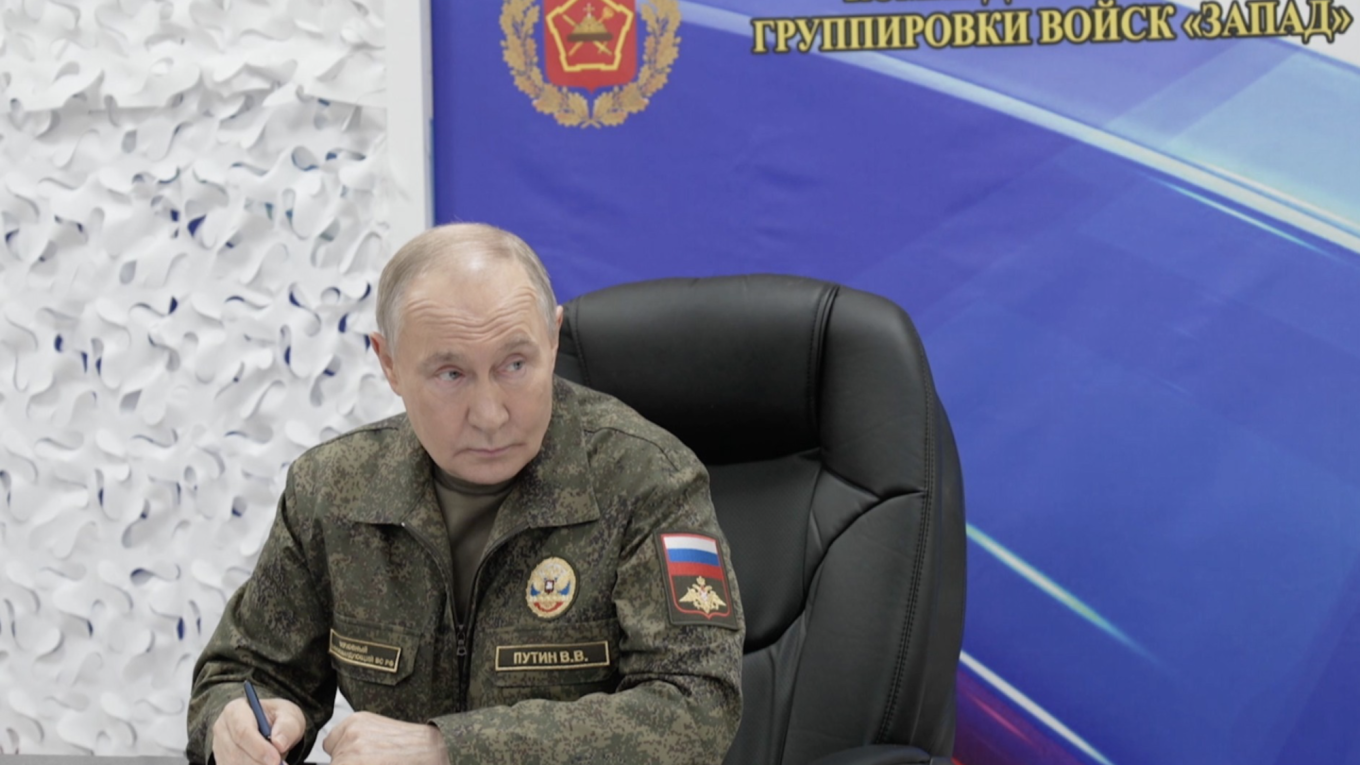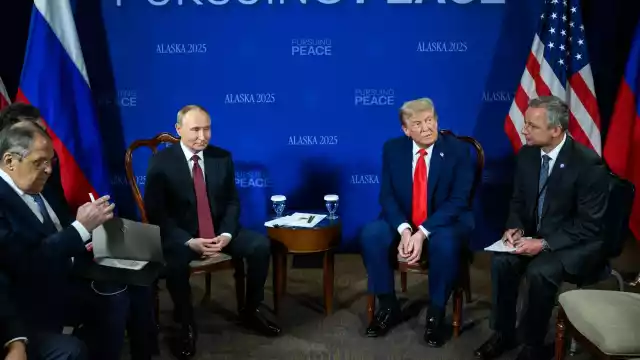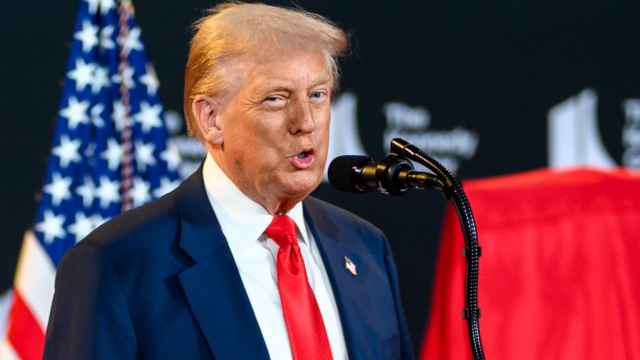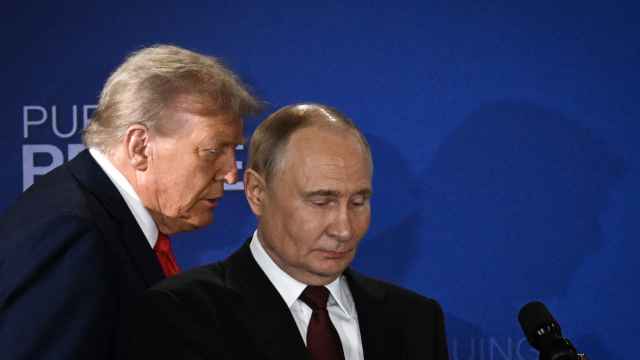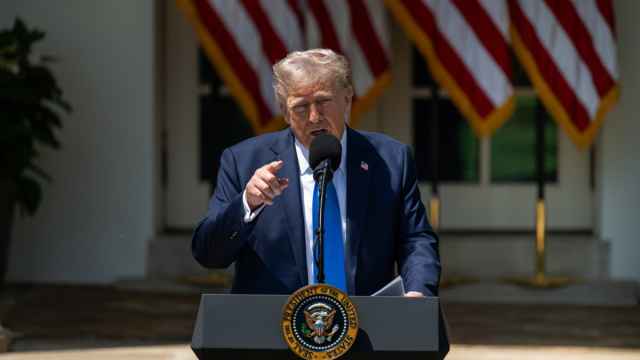The Ukraine war peace plan proposed by the Trump administration has, unsurprisingly, triggered a storm of reactions across the press, social media and among experts. It clearly contains a major tilt in Russia’s favor. However, it would be inaccurate to say that it merely fulfills Russia’s maximalist demands.
The 28-point draft imposes numerous restrictions on Ukraine and places a heavy burden of obligations on it, effectively punishing the victim for resisting the aggressor. Although the first point states that Ukraine’s sovereignty must be preserved and confirmed, the subsequent provisions significantly undermine that sovereignty. Ukraine is prohibited from maintaining an army larger than 600,000 troops — albeit a figure that is higher than what Russia itself has demanded. Ukraine is also barred from joining NATO, and NATO is barred from accepting it as a member — an arrangement that, from the standpoint of international law, is nonsensical and contradicts the UN Charter.
Yet the plan also contains provisions Moscow is less likely to appreciate. At least $100 billion of Russia’s frozen assets would be directed, under U.S. supervision, toward reconstruction projects in Ukraine. It is difficult to imagine President Vladimir Putin welcoming the idea of financing the rebuilding of a country he devastated, and doing so under American authority. But even this is not the most sensitive point for Russia.
Allowing Ukraine to keep a large force of 600,000 troops could be seen as a form of security guarantee. However, questions remain regarding the army’s actual combat capability, who will monitor force reductions and what kinds of arms this military will be allowed to possess. If it is limited to light infantry weapons, its size becomes largely symbolic. All of these issues require clarification, and Russian diplomats will certainly demand that every detail be spelled out.
The final section of the plan is especially revealing: it puts forward the establishment of a so-called “Peace Council” led by President Donald Trump to oversee compliance. This arrangement is utterly unacceptable to Putin, as it places Trump in the position of supervising and assessing the Russian leader’s actions. Putin is waging war to prove that he has an equal right to shape global decisions alongside the U.S. president and other world leaders. He is fighting for imagined respect, for a status of equality — or primacy, even — among global actors. In this worldview, putting anyone above himself, especially someone as unpredictable as Trump, would be humiliating and a signal of weakness.
Other notable elements include security guarantees for Ukraine that effectively mirror NATO’s mutual defense commitments. An attack on Ukraine by Russia would be treated as an attack on the “transatlantic community,” with the U.S. coordinating a strong military response. But in reality, there is little reason to believe such a response would ever occur.
The West has openly demonstrated fear at the prospect of a direct military confrontation with Russia. Why should Ukrainians expect that the West would suddenly find the resolve to go to war if their country is attacked again? There is no basis for such confidence. That is what renders these guarantees empty.
For Putin, any form of U.S. or NATO presence in Ukraine after the war is categorically unacceptable. One of his primary goals is to reduce Ukraine to a state of strategic subordination, ensuring that it can never act independently of Moscow or constrain Russian ambitions. If NATO were to provide Ukraine with credible security guarantees — even though few believe such guarantees would ever be fully honored — this would nevertheless grant Kyiv political and military leverage against Russia. Putin cannot allow Ukraine to possess any instruments capable of deterring future Russian pressure or aggression. This is precisely why Moscow will demand the elimination of all Western security guarantees for Kyiv unless Russia is given an explicit veto over their implementation — a position it already articulated during the Istanbul talks in 2022.
The very emergence of such a U.S. initiative signals, in Putin’s view, that Washington is capitulating. And capitulating not because it has suffered losses — it has lost neither tanks nor aircraft nor soldiers — but because it is tired, frightened and eager to avoid involvement.
That is the real meaning of this document. And Trump, unsurprisingly, does not understand that. He does not grasp that he is embarrassing not only himself, but also his country on the world stage. He does not recognize that he is declaring the impotence of a superpower incapable of defending its own interests. He does not understand that once a state pledges support to an ally, it cannot abandon that promise so ostentatiously. For Trump, the concepts of “reputation” or “reputational damage” simply do not exist. But for Putin and the rest of the world, they do.
To Putin, this proposal is proof of his victory. If the U.S. is offering terms like these, then in his view it has surrendered and is ready to accept his demands. What matters to him is not an agreement with Ukraine, but an agreement with the U.S. in which Washington formally recognizes Moscow’s terms. That is why the provision on “Russia-NATO dialogue” will become the centerpiece for the Kremlin. Putin will seek to expand it, elevate it and make it the main axis of any negotiation.
Within this dialogue, he will revive the ultimatum of 2021, in which he demanded that NATO retreat to its 1997 borders. Ukraine, for the Kremlin, is a secondary question to be resolved within a broader U.S.-Russia-NATO negotiation over the post-Cold War security architecture. Putin has already defined what outcomes he considers acceptable, and he will approach the negotiations as a victor.
For these reasons, the Trump plan in its current form is effectively dead on arrival. Ukraine will not accept its terms, but will attempt to revise it while preserving the appearance that it remains a Trump initiative. European states will be forced to assist in this effort — they have no alternative. Russia will also reject the plan, deeming it insufficient and incompatible with its vision of total victory. Moscow seeks unconditional surrender, not a mediated compromise, and certainly not subordination to Trump’s oversight.
It is therefore highly likely that this document, as currently formulated, will either be rewritten beyond recognition or discarded altogether.
A Message from The Moscow Times:
Dear readers,
We are facing unprecedented challenges. Russia's Prosecutor General's Office has designated The Moscow Times as an "undesirable" organization, criminalizing our work and putting our staff at risk of prosecution. This follows our earlier unjust labeling as a "foreign agent."
These actions are direct attempts to silence independent journalism in Russia. The authorities claim our work "discredits the decisions of the Russian leadership." We see things differently: we strive to provide accurate, unbiased reporting on Russia.
We, the journalists of The Moscow Times, refuse to be silenced. But to continue our work, we need your help.
Your support, no matter how small, makes a world of difference. If you can, please support us monthly starting from just $2. It's quick to set up, and every contribution makes a significant impact.
By supporting The Moscow Times, you're defending open, independent journalism in the face of repression. Thank you for standing with us.
Remind me later.



